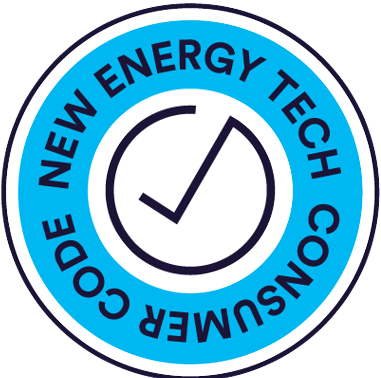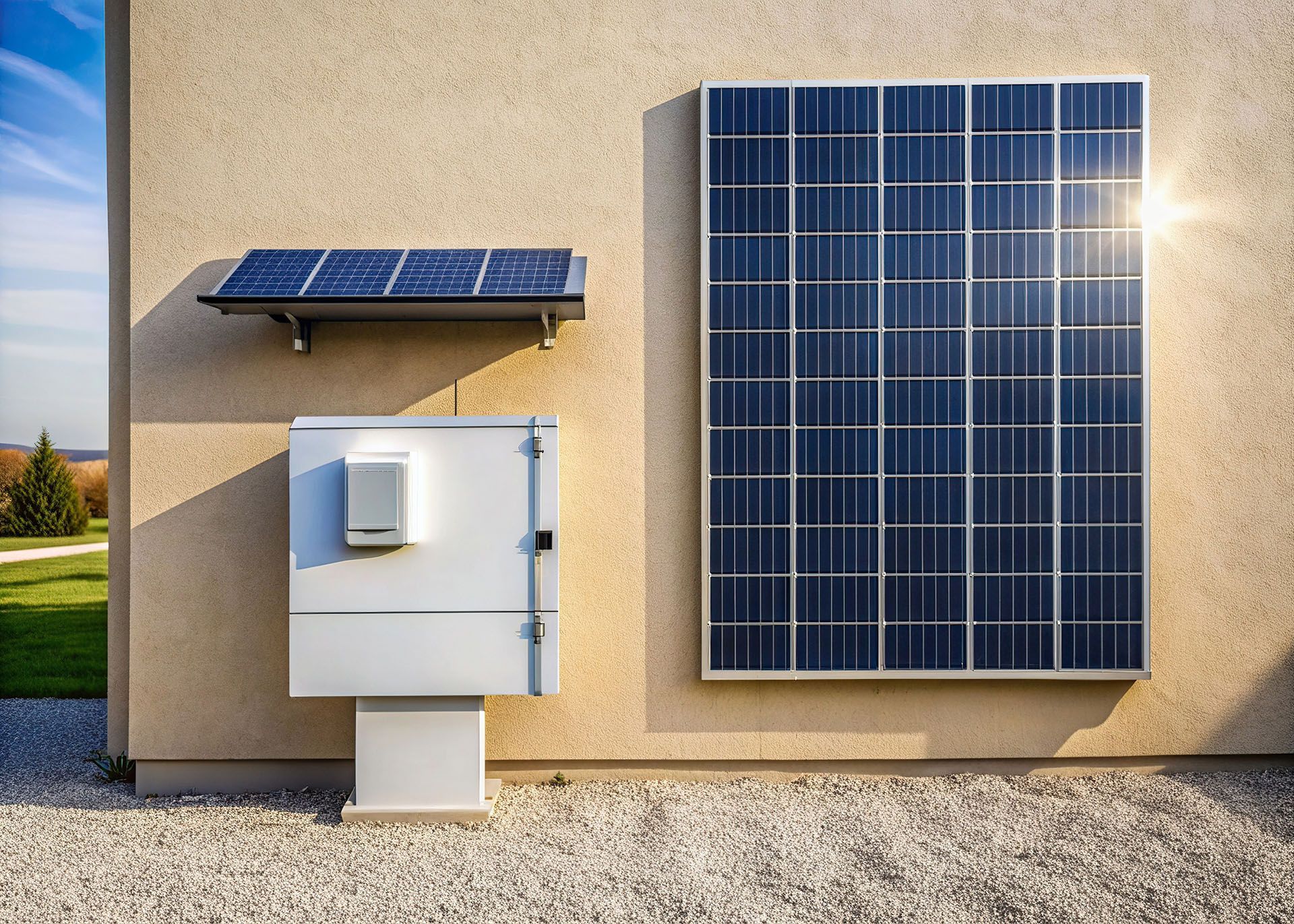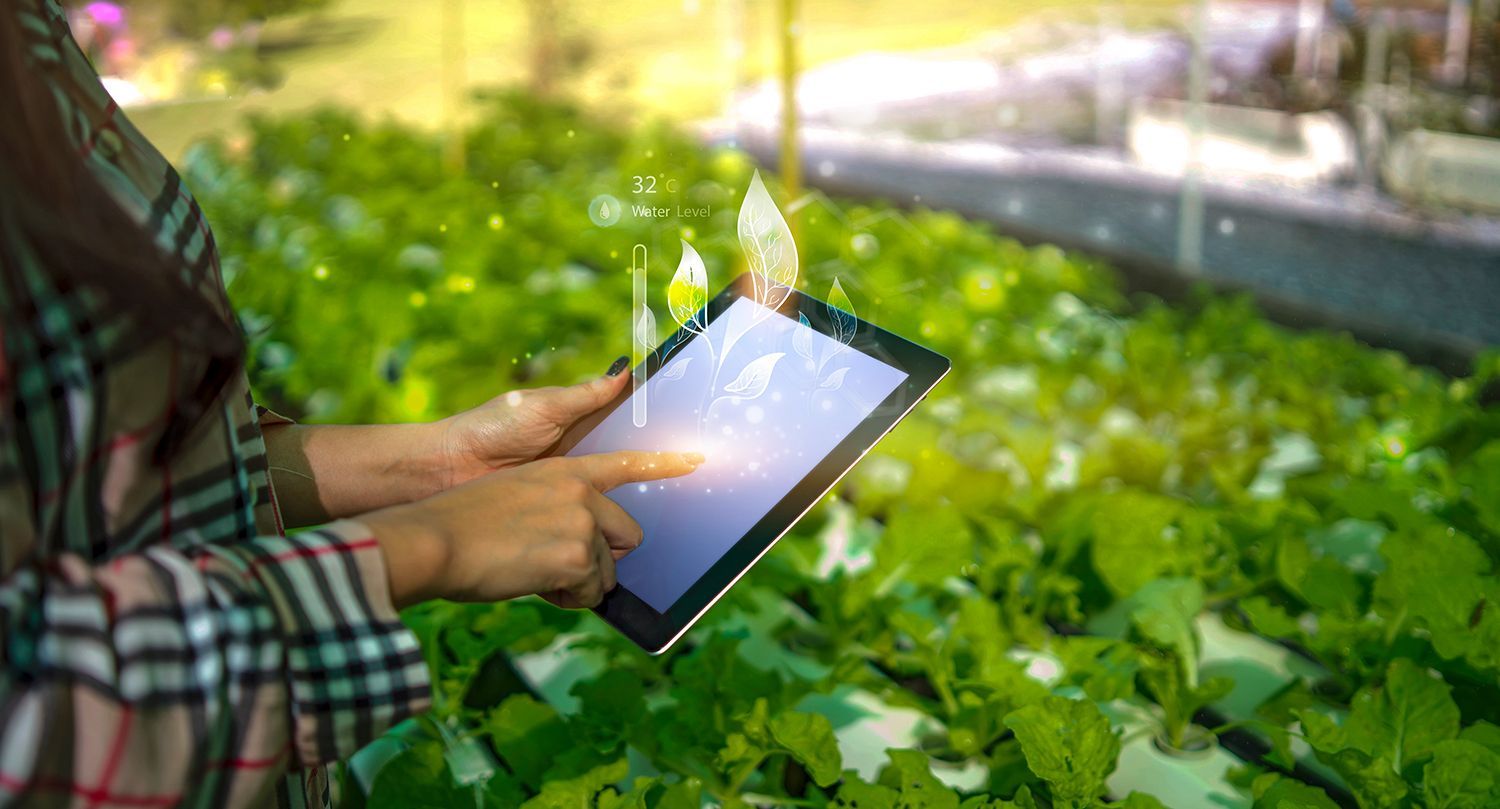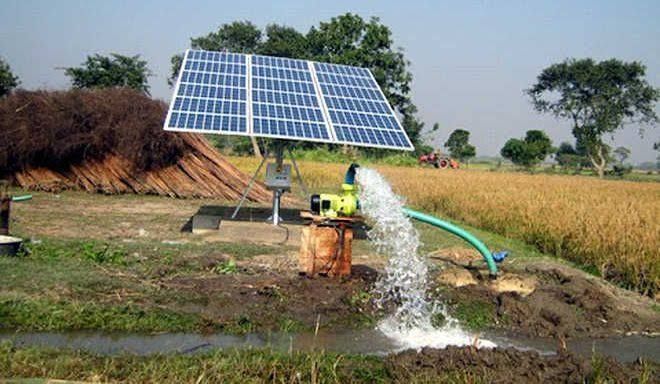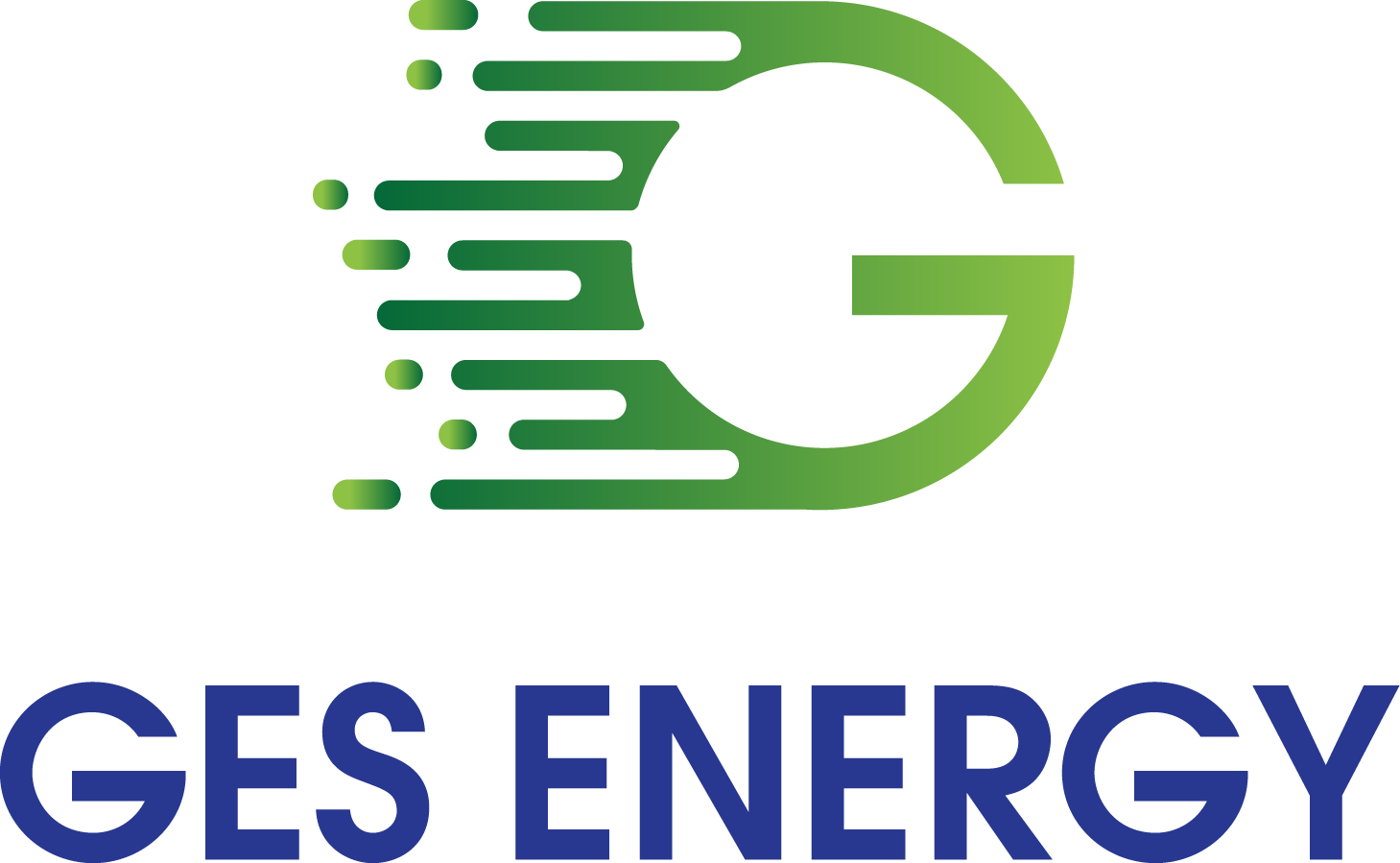Have A Question?
What is Green Energy? Everything You Need to Know
When you hear the question "what is green energy," what comes to mind? For many people, green energy is associated with being eco-friendly and having a positive impact on our environment. However, that is only part of the story.
Green energy is, in fact, any type of energy that is sourced from sustainable resources. This can include solar energy, wind power, hydroelectricity, and even biomass. The key characteristic of green energy is that it can be replenished naturally and does not put a strain on our planet’s resources. In this blog post, we will explore everything, from what is green energy to the different types of renewable resources.
What is green energy?
"Green energy" is any type of energy that is sourced from sustainable resources. This includes solar, wind, hydro, geothermal, and other renewable sources of energy. Green energy is also often referred to as "clean" or "eco-friendly" energy because it is less harmful to the environment compared to traditional energy sources like coal or natural gas. The term "clean energy" is sometimes used to describe all types of green energy, while other times it is used to describe just renewable sources of energy.
Importance of Green Energy
There are many reasons why it is important to use renewable resources. First and foremost, green energy is a renewable resource, which means that it can be replenished naturally. This is in contrast to fossil fuels like coal or natural gas, which are finite resources that will eventually run out.
Additionally, green energy sources produce little to no pollution, making them much cleaner for the environment. Another reason why green energy is so important is that it helps to combat climate change. Climate change is a major global problem that is caused by greenhouse gases like carbon dioxide and methane trapping heat in the atmosphere. This trapped heat causes the Earth’s average temperature to rise, leading to devastating effects like more extreme weather events and rising sea levels.
Green Energy vs. Traditional Energy
The debate between green energy and traditional energy sources is one that has been around for years. Each side has its own advantages and disadvantages, but what it really comes down to is choosing the option that best suits your needs. Here's a look at some of the key differences between green energy and traditional energy sources:
- Green energy is renewable, meaning it can be replenished naturally. Traditional energy sources are finite, which means they will eventually run out.
- Green energy is often more expensive to produce than traditional forms of energy. However, as technology improves and becomes more efficient, the cost of green energy is expected to decrease.
- Green energy produces zero emissions, while traditional energy production releases harmful greenhouse gases into the atmosphere.
- Green energy is more sustainable than traditional forms of energy, meaning it can be used indefinitely without damaging the environment.
So, which is better? It really depends on your individual needs and preferences. If you're looking for an environmentally friendly option that will help reduce your carbon footprint, green energy is a great choice.
Types of Renewable Resources
Now that we know what green energy is and why it’s important, let’s take a look at the different types of renewable resources.
Solar Energy
Solar energy is perhaps the most well-known type of renewable resource. It is created when sunlight hits a solar panel, causing it to produce electricity. Solar panels are often used to power homes and businesses, but they can also be used to power electric cars.
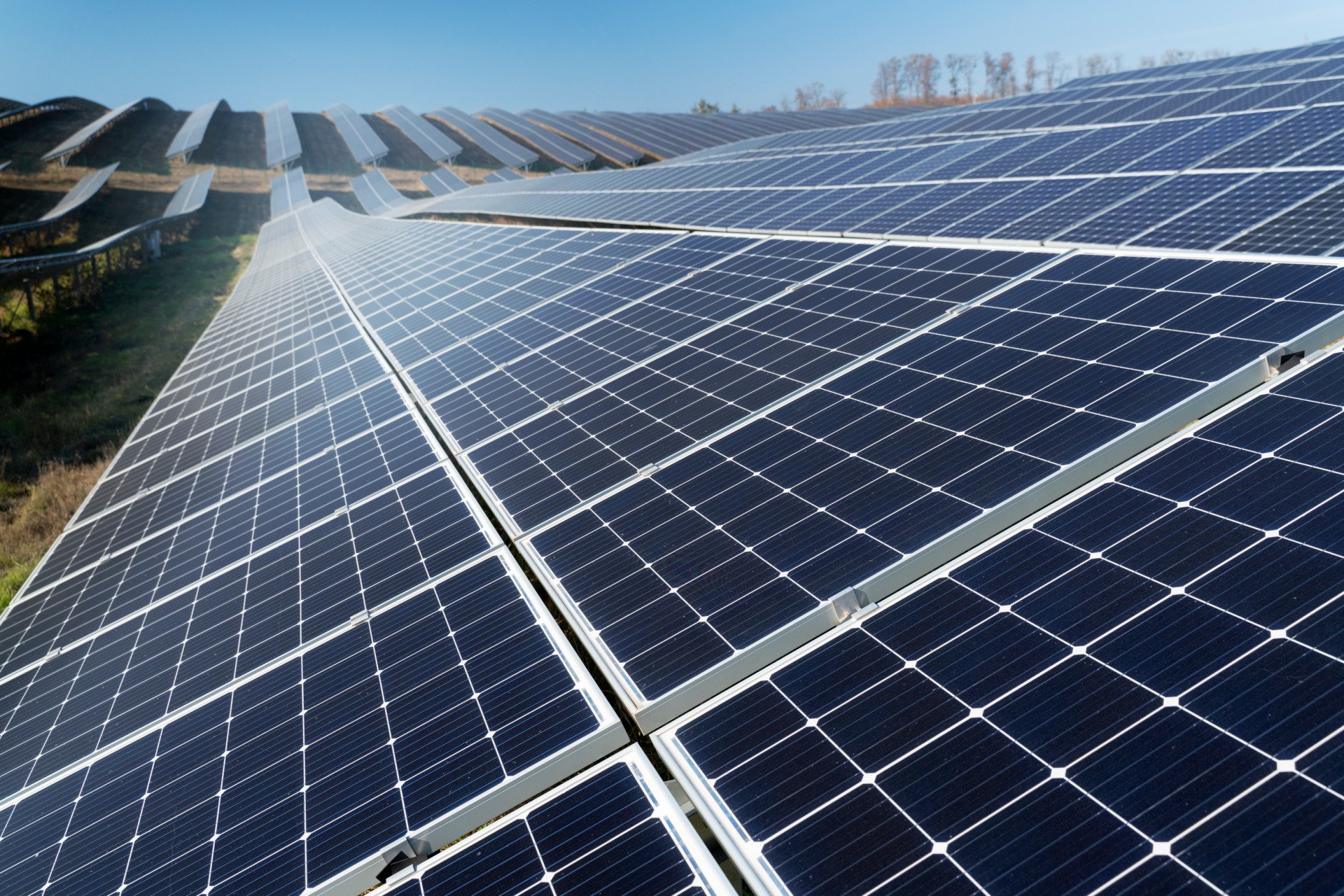
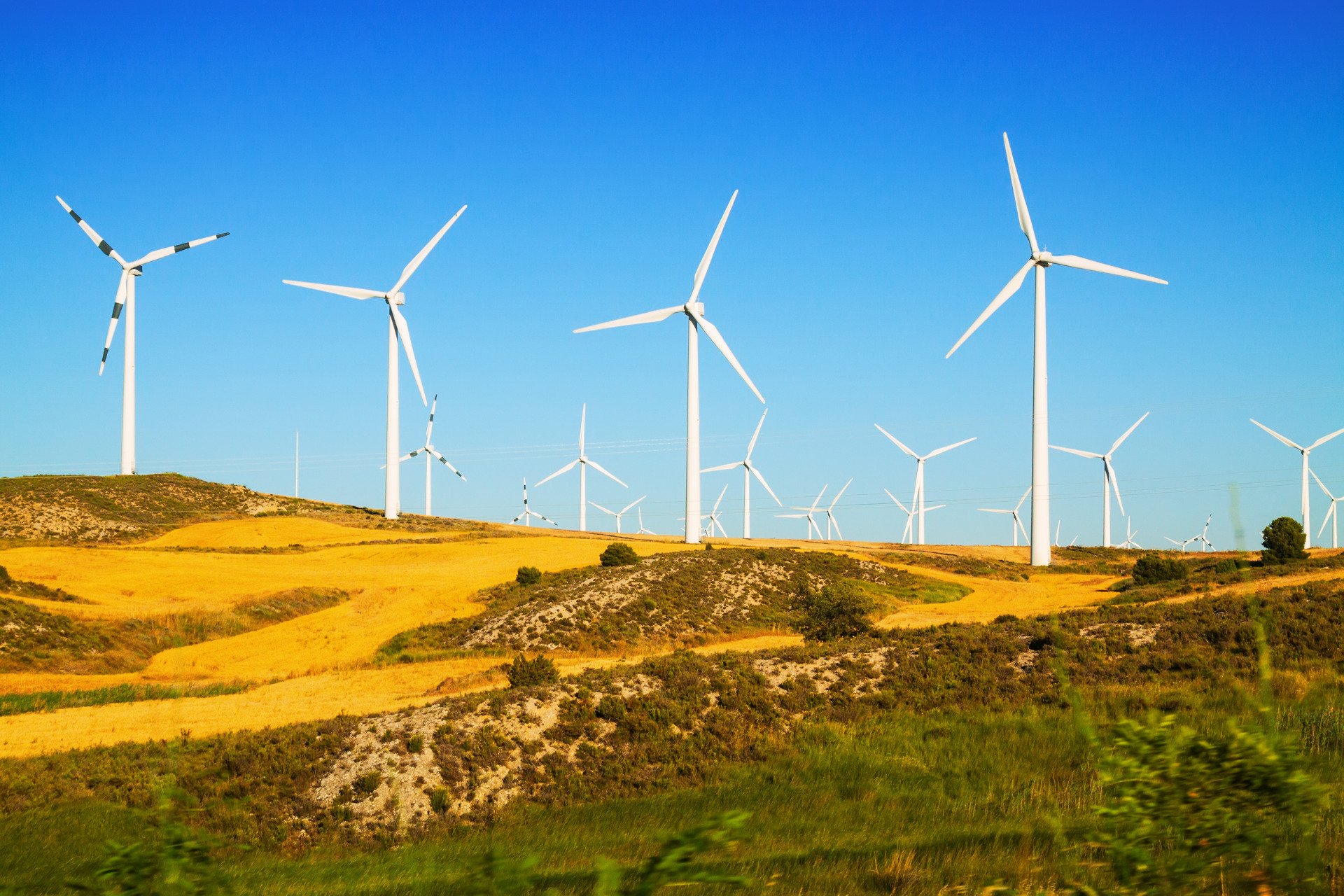
Wind Energy
Wind energy is created when air moves through turbines, which in turn produce electricity. Wind turbines are often placed on wind farms, which are large areas of land that are dedicated to the production of wind energy.
Hydroelectric Energy
Hydroelectric energy comes from water. It is often produced by damming a river and using the water to power a turbine, which in turn produces electricity. Hydroelectricity is a very efficient way to produce green energy.
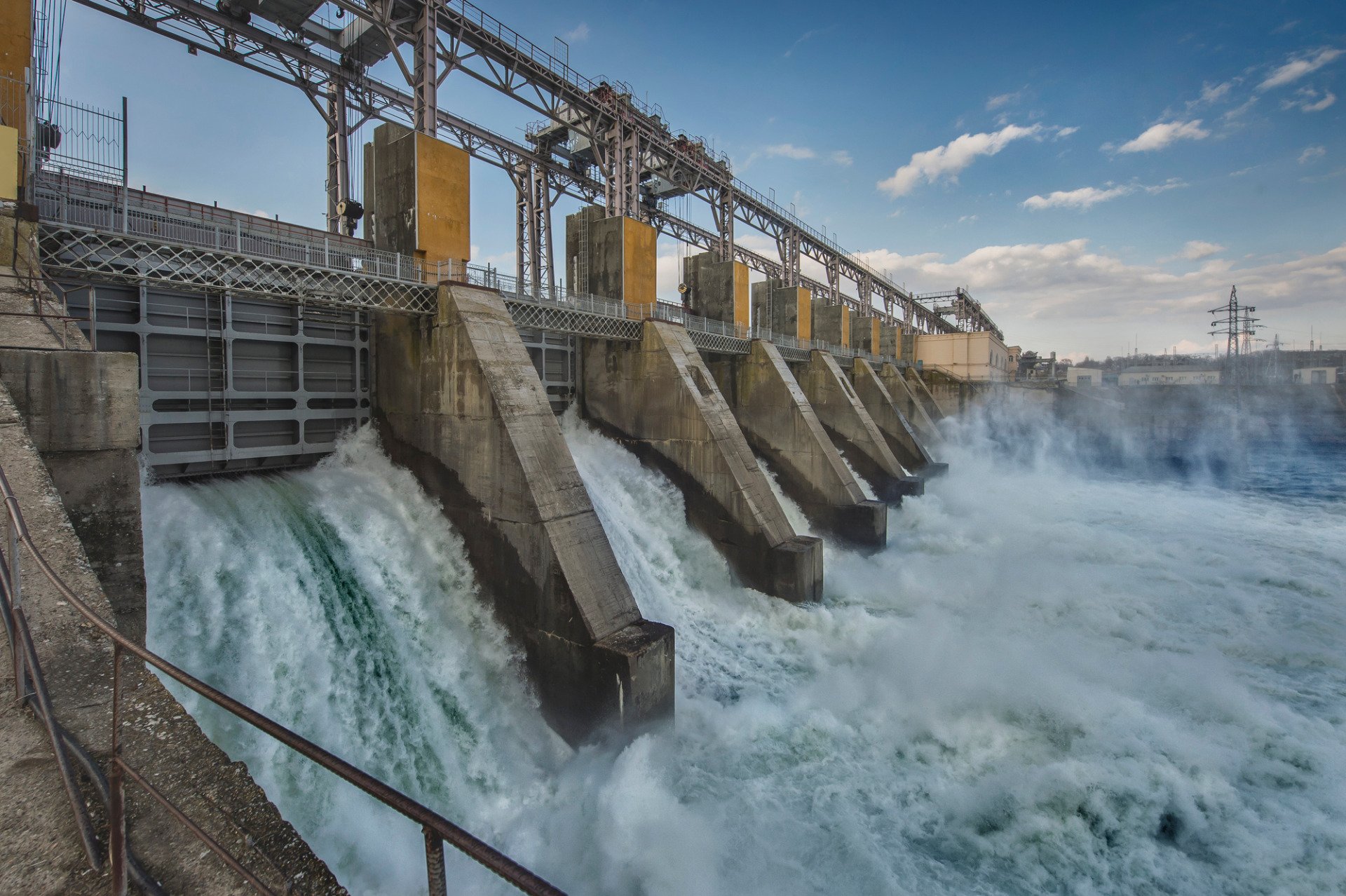
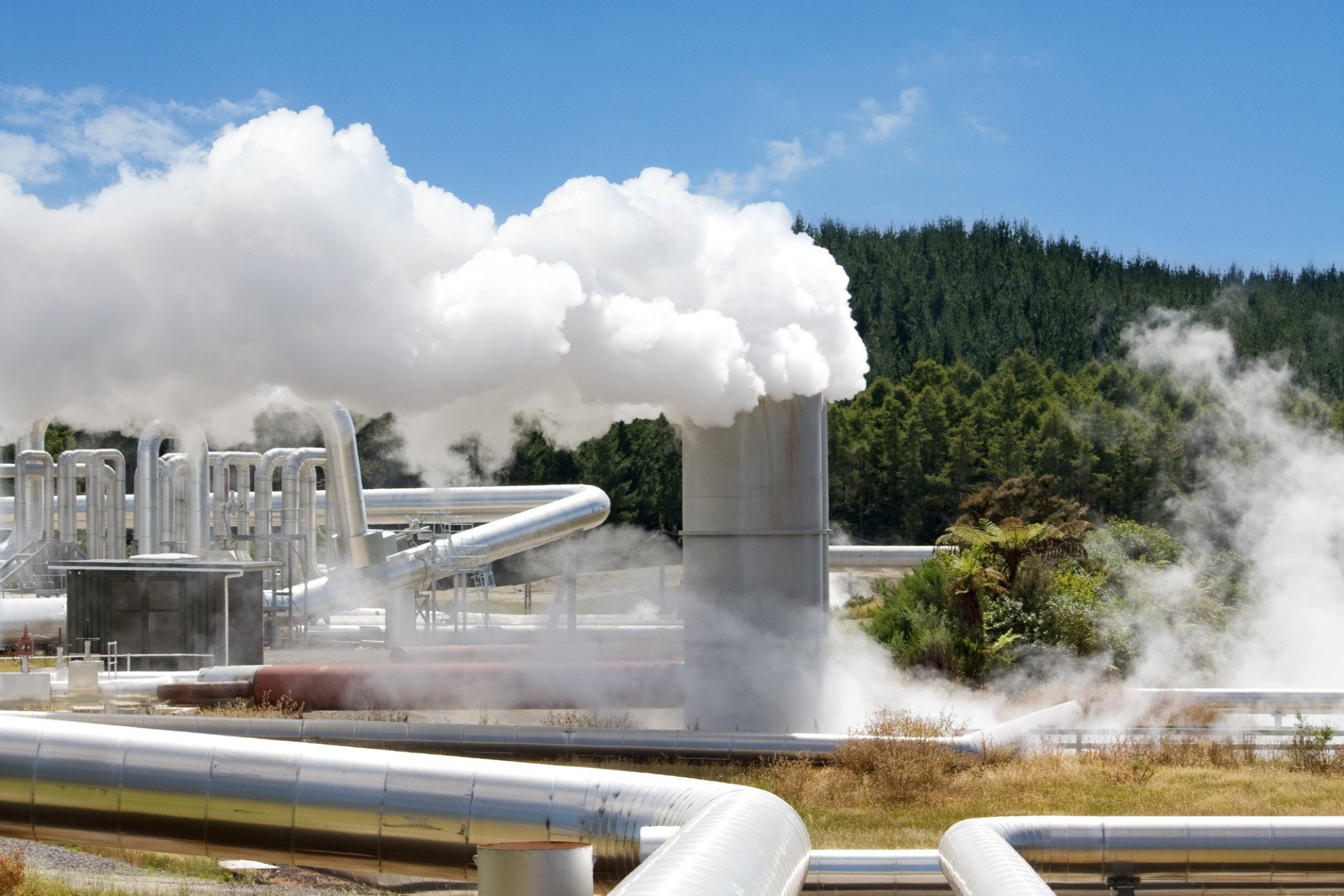
Geothermal Energy
Geothermal energy comes from the heat inside the Earth. It can be used to heat homes and businesses, as well as to produce electricity. Geothermal power plants are usually built near volcanoes, as they require a lot of heat to operate.
Biomass Energy
Biomass energy comes from organic matter, such as plants and animals. It can be used to create electricity or to power cars and other vehicles. Biomass is a renewable resource, which means it will never run out.
These are just a few of the most common types of renewable resource. There are many more out there, each with its own advantages and disadvantages. The important thing is that we use renewable resource whenever possible in order to help protect our environment.
Benefits of Renewable Resources
There are many benefits to using energy, this include:
Clean Energy: Clean energy is one of the most important benefits of renewable resources. It is the cleanest and most renewable form of energy that exists. Because it is generated from natural sources, it does not produce any harmful byproducts. When you use a renewable resource, you are not polluting the air or contributing to global warming.
Energy Independence: Energy independence is an important benefit of renewable energy. When you use renewable energy sources, you are not reliant on foreign countries to provide you with your energy needs, like fossil fuels. You are able to generate your own power and therefore do not have to worry about the cost of fuel.
Sustainability: Sustainability is another important benefit of renewable energy. Using renewable sources of energy is the most sustainable way of generating power. It does not deplete any resources and can be used indefinitely.
Environmental Friendly: Environmental friendliness is another important benefit of renewable energy. Because it is clean and renewable, it does not produce any harmful byproducts that are harmful to the environment.
Saves Money: One of the most important benefits of renewable energy is that it is cost-effective. Using renewable sources of energy will save you money in the long run because you don't have to pay for fuel or any other expenses related to the generation of electricity.
Why We Need More Renewable Resources
The world is facing an energy crisis. The energy demand is increasing at a rapid pace, while the supply of fossil fuels is dwindling. This has led to higher energy prices and increased greenhouse gas emissions.
Renewable resources can help to solve these problems. Renewable resources are renewable, meaning they can be replenished quickly and will never run out. They also produce far less pollution than traditional forms of energy generation.
There are many different types of renewable resources, including solar, wind, hydro, geothermal, and biomass. Each has its advantages and disadvantages, but all offer a cleaner and more sustainable alternative to fossil fuels.
Investing in renewable resources is essential for the future of our planet. We need to find ways to reduce our reliance on fossil fuels and move towards a more sustainable form of energy generation. A renewable resource is a key to a cleaner, brighter future for all of us.
Final Thoughts
Green energy is a crucial part of the fight against climate change. It is renewable, sustainable, and environmentally friendly. While there are some drawbacks to renewable resources, the benefits far outweigh the negatives. We need to invest in renewable resources if we want to leave a liveable planet for future generations.
Here at GES Energy, converting to greener practises is one of our top priorities because we want to do our part in saving the planet. We have a range of quality solar products that can help your business become more energy-efficient.
We offer a variety of services, including designing solar PV systems with batteries. Contact us today to see how we can help you take advantage of solar power.
Browse by Categories
Speak to one of our specialists
Speak to one of our specialists →I hope you enjoy reading this blog post.
Greentech Engineering Solutions (GES) helps residents, businesses and industry transform energy systems for a smarter, cleaner future. As an EPC Solar specialist we manage projects from concept to feasibility, finance, engineering, procurement, construction and beyond.
I hope you enjoy reading this blog post.
GES Energy helps residents, businesses and industry transform energy systems for a smarter, cleaner future. As an EPC Solar specialist we manage projects from concept to feasibility, finance, engineering, procurement, construction and beyond.

